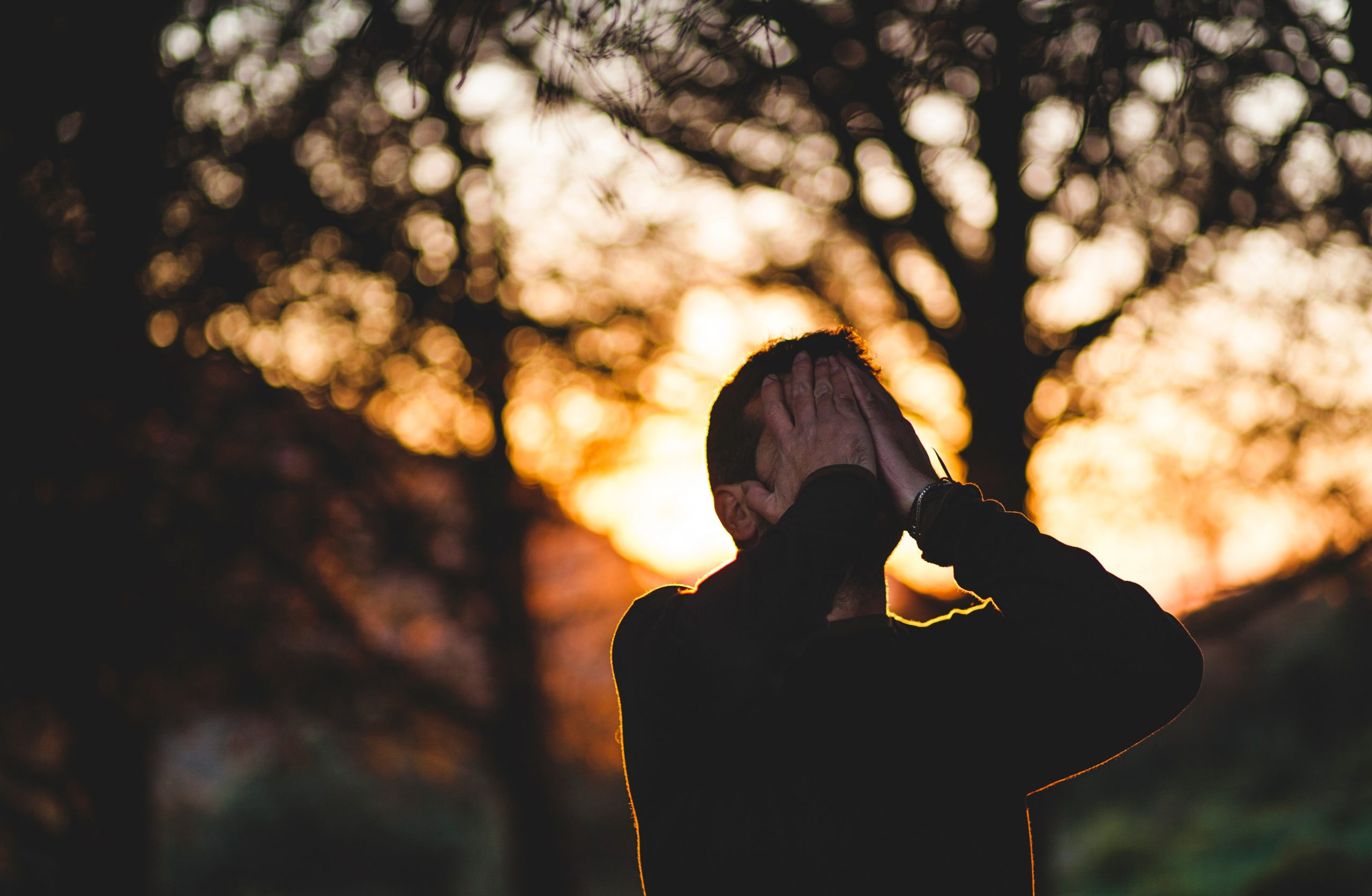If you expose your body to the training load again too soon, you risk lasting damage. This also applies to competitive athletes. Soccer players have a particularly difficult time.
Actually, Jens Wagener only had a moderate course. The 52-year-old did not have to go to the hospital or to the ventilator when he contracted Covid-19 in mid-April. Instead, ten days of bed rest. “I found it intense,” he admits. Violent, but not life-threatening. Fourteen days after the end of the symptoms, the amateur triathlete trained again for the first time.
“After that I just lay in bed for two or three days, the muscle pain was so bad.” So rest again. Then the next attempt to train, this time just cycling for half an hour. But the pain stayed. “I tried four or five attempts, it always went wrong.” In addition, fatigue was a constant companion. To this day, sport is out of the question for Jens Wagener.
Wagener, 52, from Gelnhausen, is one of an estimated two million people in Germany suffering from Post-Covid-Syndrome (PCS). That’s about five to ten percent of those infected. As a reminder: The generic term for symptoms that still occur or recur four weeks after infection is Long Covid. From three months after the infection one speaks of Post Covid. In addition to fatigue and shortness of breath, the most common symptoms are muscle pain, chest pain and “brainfog”, i.e. a “foggy brain”.
Your own body image can be deceiving
Experts from science and sport discussed questions about the sporting comeback after a corona infection on Monday evening in Frankfurt’s Waldstadion. The event, which took place as part of a scientific conference of the German Health Centers, was organized by Andreas Zeiher, Professor of Internal Medicine and Cardiology at the University Hospital in Frankfurt. Around 50 interested people had gathered, including many with their own PCS history.
The most pressing question right at the beginning: When can the running shoes be laced up again and the racing bike taken out of the basement? “You should take a five-day break after a mild infection, and two or three days longer if the symptoms are more obvious,” says sports cardiologist Martin Haller from Munich. For unvaccinated people, the number of recommended rest days doubles. “Athletes should not underestimate Covid-19, even if they had no symptoms.”
One’s own body feeling can be deceptive: “In my outpatient clinic I experience again and again that even patients who feel well are diagnosed with heart muscle inflammation.” Anyone experiencing chest pain or drowsiness should seek medical attention before resuming exercise, as it could be heart disease. According to Haller, older people do not have to be more careful than others: “There are no differences.”
Sick footballers find it difficult
If you expose your body to the training load again too early, you risk lasting damage. This also applies to competitive athletes: When soccer player Joshua Kimmich wanted to start training again in December 2021 after an infection, a lung infiltration slowed him down.
The PCS is of course also an issue at Eintracht Frankfurt: “So far we have not had any post-Covid cases,” reported team doctor Winfried Banzer. This is also due to the fact that professional footballers are “extremely well examined”. Abnormalities are recognized early by the close medical care, and asymptomatic courses are also identified. A prerequisite for top performances: According to a study from 2021, in which Bundesliga and Serie A games were examined, sick footballers play significantly fewer passes and run fewer kilometers than before the illness, even half a year after the infection. The differences were larger than after usual injuries.
It is therefore neither physically nor psychologically advisable to measure oneself at the previously accustomed level of performance soon after an illness, says Winfried Banzer. His sober advice: “Athletes have to be patient.”
